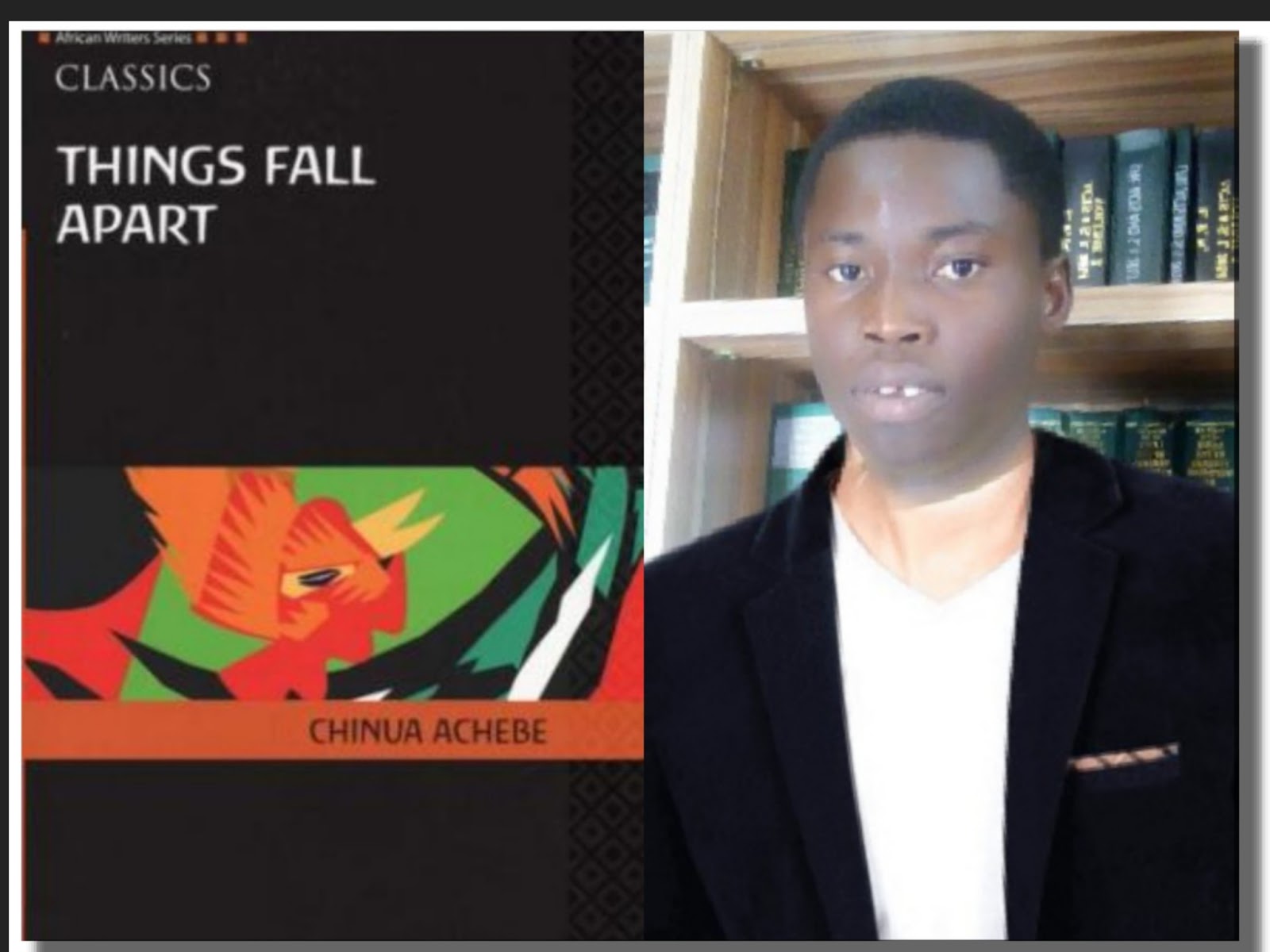Bad leadership and it's negative effect on the people who are oppressed gruesomely by Lene Ododomu
BAD LEADERSHIP AND IT'S NEGATIVE EFFECT ON THE PEOPLE WHO ARE OPPRESSED GRUESOMELY BY LENE ODODOMU
In the words of our eminent African novelist and father of modern African literature, Chinua Achebe: The trouble with Nigeria is simply and squarely a failure of leadership. There is nothing basically wrong with the Nigerian land or climate or water or air or anything else. The Nigerian problem is the unwillingness or inability of its leaders . The Nigerian problem is the unwillingness or inability of its leaders
to rise to the responsibility, to the challenge of personal example which are the hallmark of true leadership (The Trouble With Nigeria,1).
Without doubt, this perfect observation by Chinua Achebe, arguably one of the world’s teeming and resourceful population, abundant natural, agricultural and mineral resources, various countries got their independence from colonial rule. Ours is a continent with a consistently plagued the Nigerian and, indeed, the African political landscape since the most erudite literary scholars and social commentators, captures the cankerworm that has yet mired by misrule and glaring mismanagement.
In fact, leadership, in all its ramifications, has actually been the bane of our kinds of humiliation and human degradation of the citizenry, especially the poor masses
independence African society, there is oppression, hunger and starvation, and the intolerance, victimisation, betrayal, sabotage, exploitation, ritual/wanton killings, and all collective existence, such that today, most African countries, especially Nigeria is reference points of tyranny, oppression, power mongering, official corruption, electoral malfeasance, and those who advocate a functional model of society.Thus, everywhere in the post looming shadows of unmitigated greed and egregious ostentation in the face of crushing poverty, tyranny, betrayal and alarming insecurity have reduced Nigeria to an everyone for-himself and God-for-us-all society.
There are loud grumblings about the yawning gap between the rich and the poor. competition for development. Unfortunately, there is conspiratorial silence on what is to oppressed, the deprived, the exploited, the wretched of the earth—on the strength and Serial failure of leadership has crippled the continent on the racetrack of global be done with power so as to make the conditions of the vast majority of the people better, distributed. The leadership class has not thought it wise to woo the masses—the especially in the search for an egalitarian society, a society where resources are evenly conviction of their vision for their societies to be optimistic of a better future.
To them, the African people should be quite easily exploited and oppressed, as the whites did to them under colonialism. Power failure, oppression, exploitation, indifference, betrayal of hope, bad roads, poor healthcare, inadequate housing, declining an urgent reminder of things to do in post independence Africa. And the very first things standards of education, massive unemployment, corruption, disillusionment, lack of basic necessities, safety, etc. have become the bane of the continent. In fact, this systemic rot is to do is to change the way we have been doing things.
We need a change of system; a paradigm shift in our thinking, vision, values and diminishes and dehumanises their people; a system that oppresses and exploits them; a against itself cannot stand, Nigerians should not continue with a system that divides them, system that stifles creativity and discourages even distribution of resources and actions. Indeed, there is no gain saying that the present system, which promotes the selfish interests of a select few to the detriment of our common good of all in post-colonial Africa, is an additional burden to the challenges of nation building. Since a house divided improvement in living standards. But, sadly, as Joseph A. Bassey says in “The Challenge become a harrowing tale of great expectations and scandalous disappointment. A fairy tale of several missed opportunities and unpardonable squandermania which have given of Change” (Sunday Sun,Sept. 5, 2010),“the big story of post-independence Africa has rise to glaring cases of oppression” (16).
Oppression, in this instance, is treating someone or a group in a cruel and unfair making them sad. It is an act of maltreatment, a stifling situation, a denial that puts one or a group in a state of despair. To Adebayo Ninalowo in “Not Yet Hurray”(Saturday Sun, necessities of life as “free formal education to at least post-primary level, health facilities, statuses and opportunities in the society” (33). He, therefore, advocates that the leader these are parameters for measuringfailed states of which Nigeria and most other African Dec. 22, 2012), “it has to do with structures of unequal distribution of power, privileges, employment, equal opportunities, citizenship rights, etc”(33). To him, the absence of welfare of the citizens is ever to be appreciated” (33). Ninalowo classified the basic should “lessen the levels of structural inequalities, be transparent, be accountable, and also ensure that municipal facilities or, rather, the basic necessities be provided if the manner by not giving them the same opportunities, rights, freedom, etc. as others, and countries are, going by the standards of life of the citizens.
Oppression entails injustice, abuse of power, position and office. It entails taking power or for some personal advantage. It entails exploitation, deprivation, inhuman public gains, public rights and ascribing them to oneself or a select few for peddling of treatments, denials, favouritism, tyranny and despotism, etc and their attendant evil consequences. It manifests itself in all spheres of life, even in our homes, at the lowest levels. The oppressed, therefore, is one who feels dejected, exploited, denigrated, deprived, hopeless, frustrated and humiliated. This gruesome narrative can only be changed by giving power to the good leaders who have human feelings.




Comments
Post a Comment